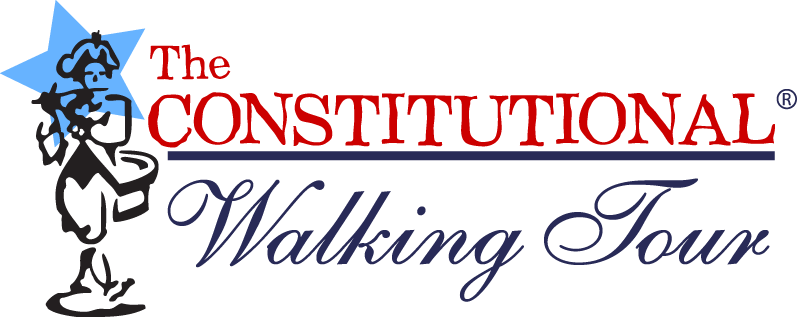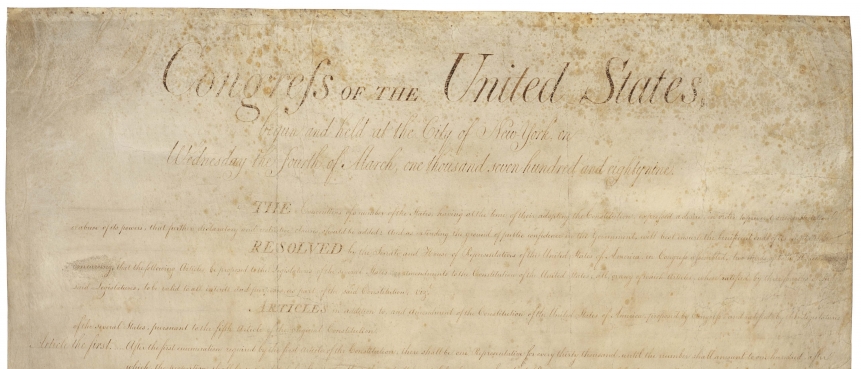Overview
In 1761, fifteen years before the United States of America declared itself as a new nation with The Declaration of Independence, the American colonists were loyal British subjects who celebrated the coronation of King George III. The Colonies stretched from present-day Maine to Georgia. The Colonies were distinctly English in character, although they had been settled by Scots, Welsh, Irish, Dutch, Swedes, Finns, Africans, French, Germans, Swiss, and the English.
As English men and women, the American colonists were heirs to the 13th Century English document, the Magna Carta, which established the principles that no one is above the law (not even the King), and that no one can take away certain rights. So in 1763, when King George III began to assert his authority over the Colonies to make them share the cost of the Seven Years' War that England had just fought and won, the English Colonists protested by invoking their rights as free men and loyal subjects. It was only after a decade of repeated efforts on the part of the Colonists to defend their rights that they resorted to armed conflict and, eventually, to the unthinkable - separation from the British motherland.
As America's Birthplace, Philadelphia played a central role in the shaping of the United States of America with five of the most important documents being written, at least in part, by the Founding Fathers in Philadelphia:







